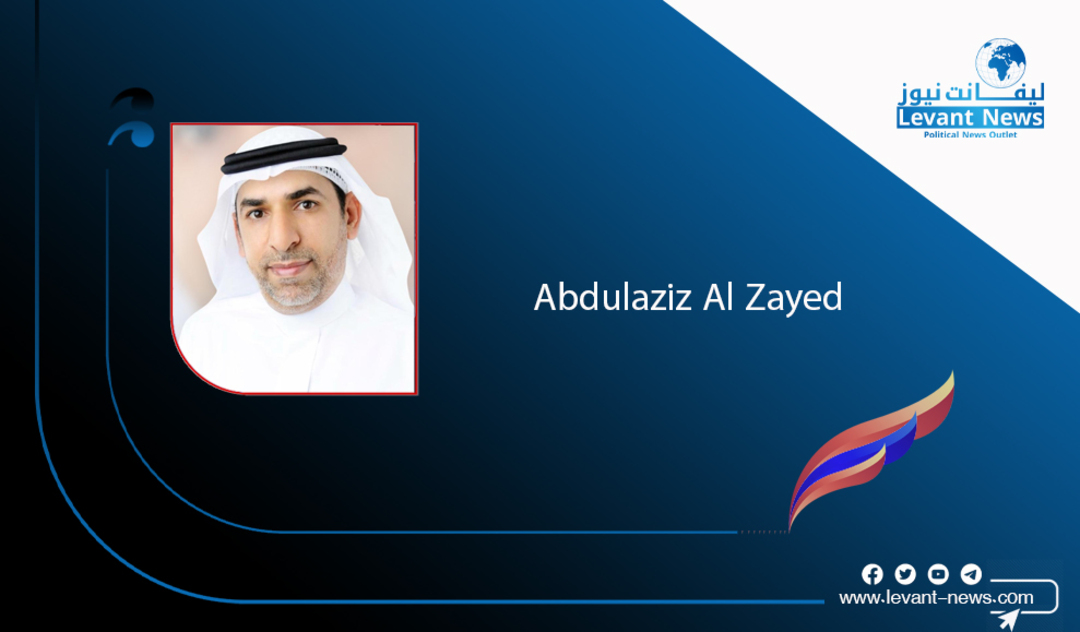-
Have we abandoned migration?

Many times, peoples lose their compass of awareness and fail to grasp the jewels of their identity. Days and occasions pass by as dull banners with no meaning or value. We do not remember important dates, nor do we celebrate significant events. The calendars become uniform, symbols of stories that should be told to generations. Perhaps we celebrate others’ holidays and neglect our eternal days—does this not mean the loss of our identity, heritage, and glory?
Why don't we express our belonging? The milestones that nourish our attachment, illuminate our paths, and elevate our nation each year? And now, the question is: what does the setting sun of Dhul Hijjah and the dawn of Muharram mean to us? Does this day hold any significance? Or is this question faint and dull? Have we abandoned migration?
Have we forgotten its deep connotations and transformative meaning, until it becomes a passing memory in a calendar that touches neither memory nor heart? Has the Hijri New Year become just another day, without significance or meaning? The Hijri New Year recurs every year as a foundational timing for our identity and awareness. Why did we abandon it from our hearts before it was abandoned from our customs?
Migration is a Project
The Prophet’s migration (pbuh) was not just an anniversary event; it is a project that we must recall and revive. To understand this, let’s reflect on this story. It is told that a nation was suffering under oppression, besieged and squeezed until all they saw on the horizon was pitch darkness. Yet, their leader saw in this ordeal only signs of a new beginning. The solution lay in migration—not as an escape from persecution but as a profound and radical transformation, moving from weakness to power.
The Prophet Muhammad (pbuh) did not leave Mecca to escape; he moved from a time of weakness to a time of strength and empowerment. He carried faith in his heart, a plan in his mind, and certainty in his spirit. His migration was not random; it was a carefully planned move by a seasoned leader who foresaw the future. He read the future with insight, crowned knowledge with action, walked wisely, and carefully charted the building of his nation. Shouldn’t this event be celebrated? Shouldn’t it have a special impact on our lives? Every day in his life teaches us something. So why do we neglect his migration and the wisdom derived from it? Now, I turn to you, my friend: what do you benefit from the events of migration? Do you see migration as an event worth remembering? Or just a passing occasion of no value?
Abandoning Migration
Isn’t the Prophet’s migration one of the pillars of this nation? A principal root? Why do we forget one of the most important supports of this towering structure? We are not just talking about a lack of celebration but about the deep trembling of our consciousness, our lost and fragile identity—torn between inherited traditions and overwhelming Western influences. My friend, how do you interpret some Arab and Islamic peoples’ celebration of the Gregorian New Year while neglecting the Prophet’s migration?
Isn’t this a loss of a proud past and illustrious glory? Why doesn’t the Islamic nation take pride in its glorious history? As Allah says: “And remind them of the days of Allah; indeed, in that are signs for everyone patient and grateful.” We celebrate every imported occasion, shining light on its events. But we chase others’ lights while neglecting our precious historical treasures that fade from our awareness. The migration built a state, developed men, and above all, established eternal values and principles. It is a great civilizational project—shouldn’t it be celebrated and highlighted?
Why don’t we balance the Hijri calendar as we do with the Gregorian? Sadly, this calendar no longer lives in our consciousness. It has become just a number on an ID card or a date in a government document. Why doesn’t our feeling align with it? Why doesn’t its history guide our lives? Oh, how my heart mourns for this calendar—it has been neglected. What remains? It lives now in an intensive care unit… Did this calendar not leave a mark in our lives? But now, it’s receding, almost vanishing. Why don’t we review our reality before its light is extinguished?
This calendar has become neglected, only remembered by archivists and the magic of legal contracts—will we lose it completely in the coming years? Are we a nation without a project? Without pulse? Without history? Without memories of everlasting glory? Are we, indeed, a nation that sold its civilization, identity, and future for others? Or does some spark still burn to keep us alive?
Why Did We Abandon Migration?
The Hijri calendar is not just numbers printed; it is a crown, a map, and a compass. It commemorates the greatest event the nation has known: the migration of the Prophet (pbuh), who left his homeland not seeking salvation but to elevate.
Abdulaziz Al Zayed
You May Also Like
Popular Posts
Caricature
opinion
Report
ads
Newsletter
Subscribe to our mailing list to get the new updates!




















